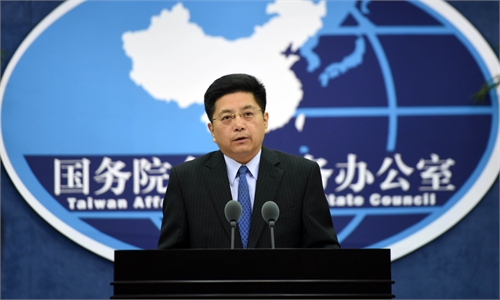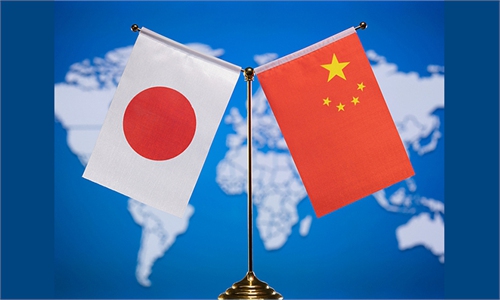Chinese Embassy in Cambodia tells ‘Taiwan compatriots’ in difficulty to contact them after reports of people ‘trapped’ in fraud, violence

A ferry service transports passengers and vehicles across the Bassac River in Phnom Penh, Cambodia on March 14, 2022. The ferry is used to facilitate the movement of people across the Monivong Bridge, which often encounters traffic congestion, the Phnom Penh Post reported. Photo: AFP
"Taiwan compatriots are Chinese citizens, so if you have any difficulties, please contact the embassy," Chinese Embassy in Cambodia told the Taiwan compatriots after some of them were reportedly forced to join online gambling, telecommunications fraud and other illegal activities and have been subjected to movement restriction in Cambodia.
In a statement issued on Saturday night, the embassy said they will provide timely and efficient consular protection services to all Chinese citizens in Cambodia, including Taiwan compatriots, noting that safeguarding the legitimate rights and interests of Taiwan compatriots is the duty of China's diplomatic missions abroad.
In Cambodia, "we have always paid equal attention to Chinese citizens from Taiwan province," whether in the COVID-19 vaccination program that the Chinese government launched for overseas Chinese citizens or to rescue those who are in difficulty, said the embassy.
According to Taiwan media reports, some Taiwan people who went to Cambodia for job opportunities were employed in jobs which apparently did not commensurate with their pay, and some were subjected to violence, including imprisonment, beatings, abuse and even sexual assault.
More than 8,600 Taiwan people went to Cambodia from January to July, only 5,000 returned to the island, with about 3,000 people still stranded there, reports said.
The Chinese government has always attached great importance to safeguarding the safety and legitimate rights and interests of overseas Taiwan compatriots, from providing consular services, to assisting in handling foreign civil disputes and economic and criminal cases related to Taiwan, to evacuating overseas Chinese in case of major emergencies, said Ma Xiaoguang, a spokesperson for the Taiwan Affairs Office of the State Council, at a press conference on Friday.
The reports of Taiwan people "trapped" in Cambodia have brought complaints and dissatisfaction of people over the incompetence of the Democratic Progressive Party
(DPP) authorities, and some people on the island attempted to blame the Chinese mainland for such cases.
In response, Ma pointed that the DPP authorities' passive attitude towards the calls of the Taiwan people to safeguard their legitimate rights and interests, and fabrication of lies to blame the mainland fully reveals their consistent tactics of engaging in political manipulation, inciting confrontation and deceiving the people, with no regard for the lives and interests of the Taiwan people.
An editorial of China Times, a Taiwan media, called on the DPP authorities to collaborate with mainland authorities to combat transnational crime in Cambodia.
"It (DPP) failed to help rescue people on the brink of crisis, unwilling to use the help of the mainland, and saying it is difficult to carry out rescue measures because it has no diplomatic ties with Cambodia," said the media.
The Tsai Ing-wen authorities pushed forward the "new Southbound policy" after taking office in 2016, and budgeted NT $25 billion within four years. However, the authorities have been unable to establish direct communication channels with most Southeast Asian countries. In Cambodia, for example, Taiwan people can only seek assistance from the Ho Chi Minh City office in Vietnam if they encounter problems, according to Taiwan media.
Global Times



